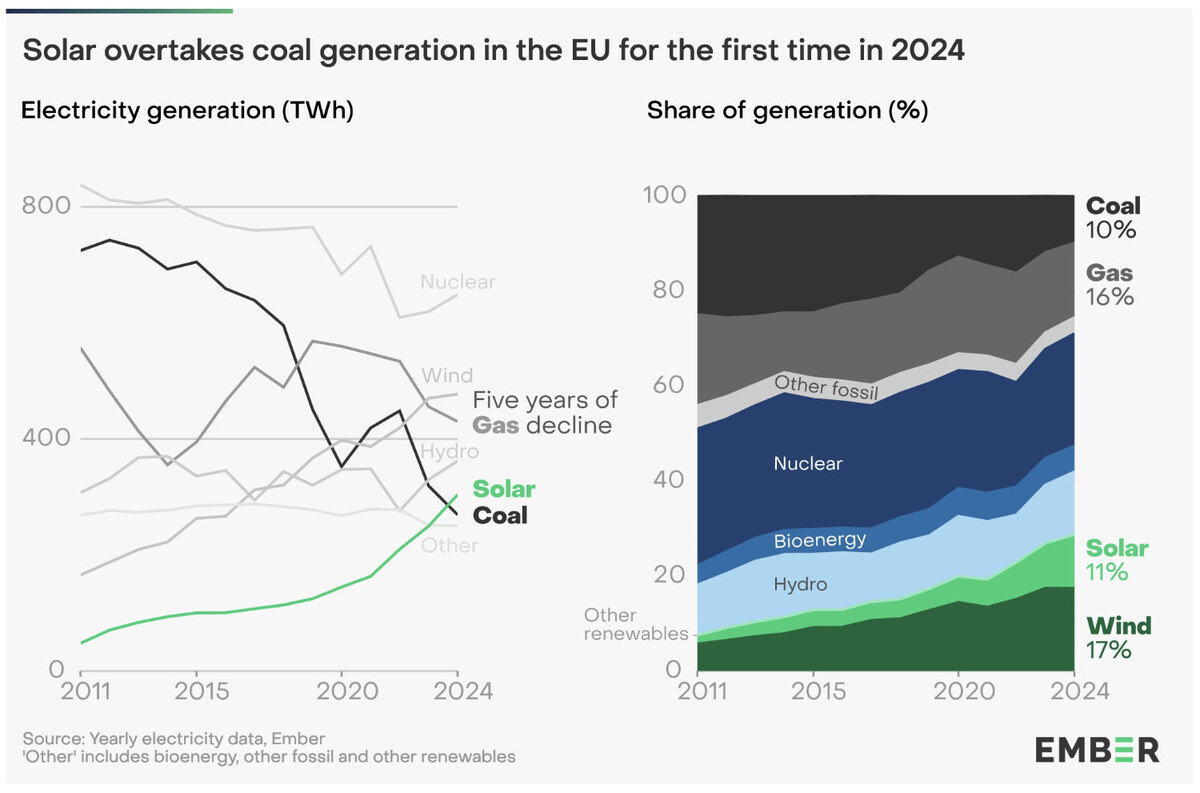POZZALLO, ITALY: Italy’s new hard-line interior minister Matteo Salvini said Sunday that “common sense” was needed to stop the country from being “Europe’s refugee camp” as he visited a migrant center in the south.
The newly minted deputy prime minister in Italy’s populist coalition government traveled to Sicily, one of the country’s main refugee landing points, to push the anti-immigration platform that propelled him to power.
“Italy and Sicily cannot be Europe’s refugee camp,” he told a crowd of supporters under the blazing sun in the southern Sicilian town of Pozzallo, a migration hotspot.
“Nobody will take away my certainty that illegal immigration is a business... and seeing people make money on children who go on to die makes me furious,” he added.
His comments came as more than 50 migrants drowned in the Mediterranean on Sunday, with 48 bodies found off Tunisia’s southern coast and nine Syrians — including seven children — killed when their vessel sank off the coast of Turkey.
The port town of Pozzallo is also on the migration front line as one of the main landing points for refugees fleeing war, persecution and famine across North Africa and the Middle East.
A crowd of enthusiastic supporters and a smaller group of protesters had earlier gathered in front of the gates of the town’s migrant center, where Salvini would give his speech, trading insults and nearly coming to blows.
One protester brandished a sign saying “refugees welcome,” while a supporter said “we don’t want any more pests” and others simply chanted “Matteo, Matteo.”
After delivering his speech, Salvini went inside the center to meet some of the 158 people who had landed in Pozzallo when they were rescued by a humanitarian boat on Friday.
The rescue operation, which was coordinated by the Italian coast guard, happened just hours after Salvini took his oath of office, and said he would ask his ministry’s experts “how to reduce the number of arriving migrants and increase the number of expulsions.”
“The good times for illegals is over — get ready to pack your bags,” he said on Saturday.
However, while he retained the fighting tone that helped spur his rise to power, he did temper his words when it came to NGOs organizing rescues at sea, which he has previously called “smugglers” and accused of complicity with people traffickers.
“I think it’s better to spend money in the countries of origin, and now if there are NGOs that want to work for free, that’s fine,” Salvini said.
The leader of the far-right League party also said the new government would “not take a hard line on immigration but one of common sense.”
His fellow deputy prime minister, head of the anti-establishment Five Star Movement Luigi Di Maio, has also called rescue NGOs “taxis on the sea,” although his rhetoric on immigration is more measured than that of the League.
Salvini is on the road seeking to rally support for his party’s candidates in municipal elections later this month, as part of a broader effort to boost the traditionally northern party’s profile in the country’s poorer south.
European Union interior ministers will meet on Tuesday to discuss possible reforms of the EU’s controversial Dublin rule, whereby would-be refugees must file for asylum in the first bloc member-state they enter.
However Salvini said he would not be attending, as he will be in Italy’s parliament for a confidence vote on the new coalition with Five Star.
Salvini has condemned the Dublin rule as unfairly burdening Mediterranean countries and leading to “an obvious imbalance in management, numbers and costs.”
The accord does heavily penalize Italy, which has seen more than 700,000 migrants arrive since 2013.
Previously, the vast majority would continue their journeys to northern Europe, but the introduction of EU-backed processing centers to ensure migrants are identified at their first European entry point and tighter border controls installed by France, Switzerland and Austria are now creating roadblocks along this well-worn route.
A controversial agreement between Italy’s former center-left government and authorities and militias in Libya has triggered a decline in overall arrivals of some 75 percent since the summer of 2017.
But so far this year Italian authorities have still registered more than 13,500 arrivals.





























